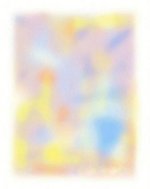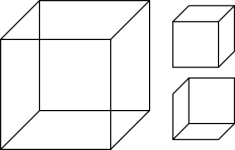Sub, that wiki page suggests that people can have PTSD after experiences that they are aware of (and remember) while under general anaesthesia (I had one of these, but no significant PTSD that I know of) but should I take it that you think it's possible to have PTSD after surgery even if you don't remember the trauma?
Not PTSD per se, but certainly stress, shock and other complications that are not present if a local is also used...
Many of the substances used in anaesthesia, particularly benzodiazepines, are used as preventative treatment for PTSD. If I recall correctly, Flunitrazepam (notorious as the 'date rape drug' Rohypnol) has been used to good effect to reduce PTSD occurrence in soldiers and rape victims, with the supposed mechanism being its effect on memory - Administering Flunitrazepam shortly after a traumatic event appears to be effective in erasing memory of the event, and (presumably as a result) reducing the later incidence of PTSD.
As far as I can tell, there's no difference to the individual between an event they have no memory of, and an event that did not occur at all. I am not sure why I should be horrified by the idea that I was aware and/or in pain, but unable to react, during the extraction of my wisdom teeth - as I have no recollection at all of that, it seems to me to be functionally equivalent to something that never happened. Sure, I can see how it would be a problem to a third party with a 'God's eye view', but no such third party exists. I don't have a "soul" that can be traumatized by things my brain is unaware of.



